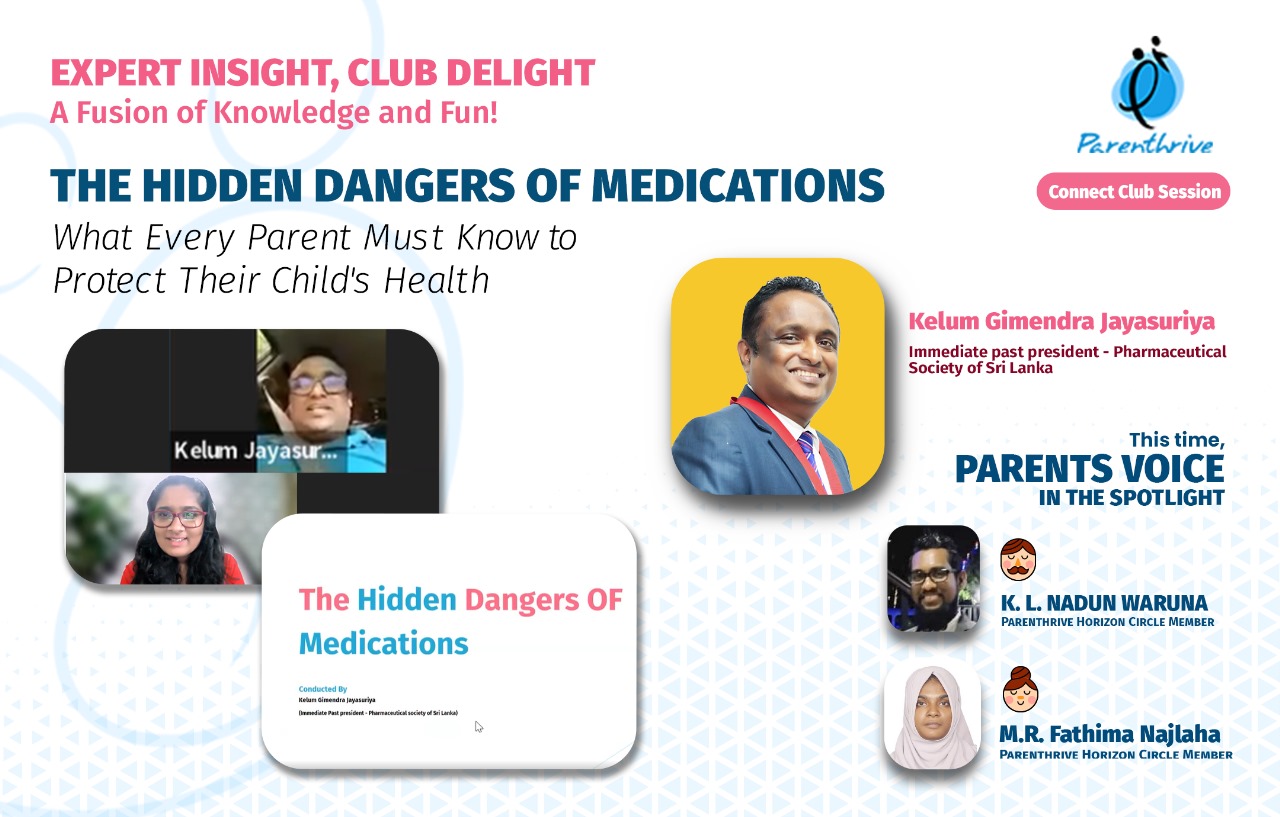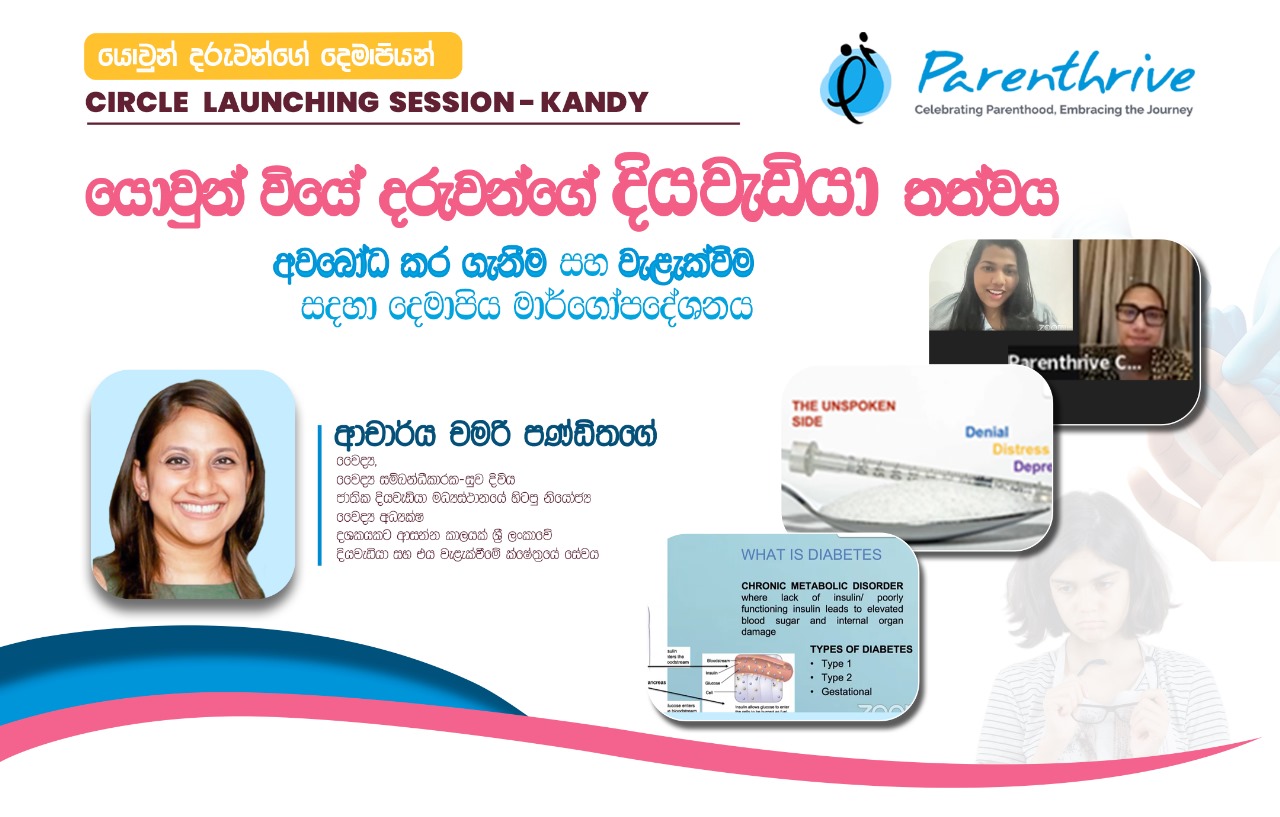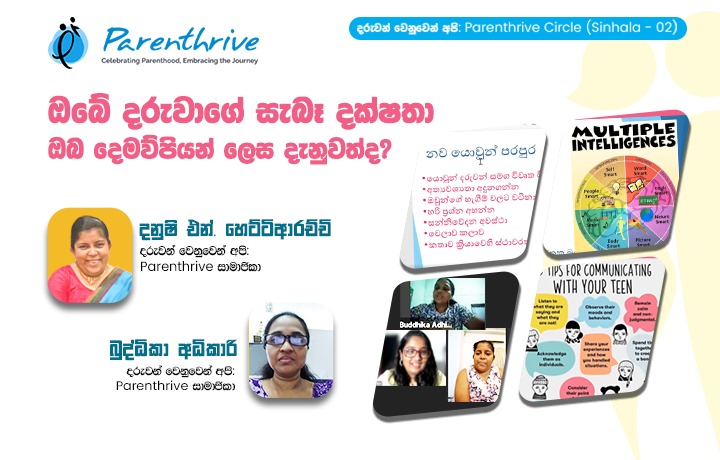
The very moment a child is conceived in the womb, all the thoughts and aspirations of the parents revolve around shaping the child's development. From the day the child is born, parents relentlessly work hard to improve their child's behavior. Ultimately, the biggest hope of every parent is to raise and present a responsible citizen to society. In order to achieve that, the parents need to have a thorough understanding of the child's development. Most parents are keen on telling others about their child's activity with a great sense of pride and joy.
As it has been psychologically proven that childhood and online experiences influence the creation of educated, intelligent, and even immoral people in society, parents should immediately take caution to identify the unusual characteristics of their children in their childhood and take appropriate measures for it.
Acting out frequently, not listening to what is said, doing what is told not to do, willingness to explore new experiences, imitation, asking questions about anything, crying for attention, etc., can be defined as the characteristics associated with childhood of a normal child. However, some children exceed the above-mentioned characteristics and show hyperactive characteristics. Those children are scientifically classified as hyperactive children.
There are significant differences between a normal child and a hyperactive child. Mainly, it can indicate a lack of mental concentration. As a result, the inability to remain calm even for a few moments, instant forgetfulness, failure to study, inability to understand what is said correctly, not caring about reprimands and punishments etc. are prominent characteristics in hyperactive children. These children, who act as they please, try to get mental satisfaction by acting as a hero among children of that age, having unusual thoughts and behaving excessively violently. That is why it is imperative for parents of hyperactive children with these characteristics to understand the child's abnormalities and follow appropriate remedies.
Classroom teachers have a greater responsibility to identify hyperactive children. Parents often have to be called to school because of the child's unusual behavior patterns. Both the teachers and the parents are aware of the psychological analyses related to childhood, which is a crucial requirement for the socialization of a good child in society. Many negative situations occur with the future development of hyperactive children. Other symptoms of hyperactive children include having a mature appearance that does not match their age, trying to engage in sexual activities from a young age, being tempted to steal often, lying extensively, etc.
The future of hyperactive children tends to be unsuccessful because they develop abnormal behavior patterns such as hyper-irritability, personality abnormalities, frequent suicide attempts to achieve their goals, drug abuse, addiction, etc., which ultimately lead to engaging in various anti-social activities, etc., are closely related to the future of children with hyperactivity. According to American psychologists, childhood development has directly influenced the behavior of those who have been caught breaking the law and are currently being rehabilitated in unlawful acts such as murder, theft, rape, child abuse, etc. The primary factor leads back to the lack of proper treatment for childhood hyperactivity.
As the only hope of any parent is to make the future of their children a prosperous one, it is crucial to pay close attention to the children's activities, thoughts, attitudes, etc. Also, if there are hyperactive children showcasing the above characteristics, it is vital to seek advice from a Child Psychologist. It is psychologically proven that various exercise therapies have the ability to change a person´s abnormal behavior. It should be kept in mind that seeing a Child Psychologist, Psychiatrist, or Psychologist is never a matter of shame and will surely benefit the child, family, and society as a whole.






